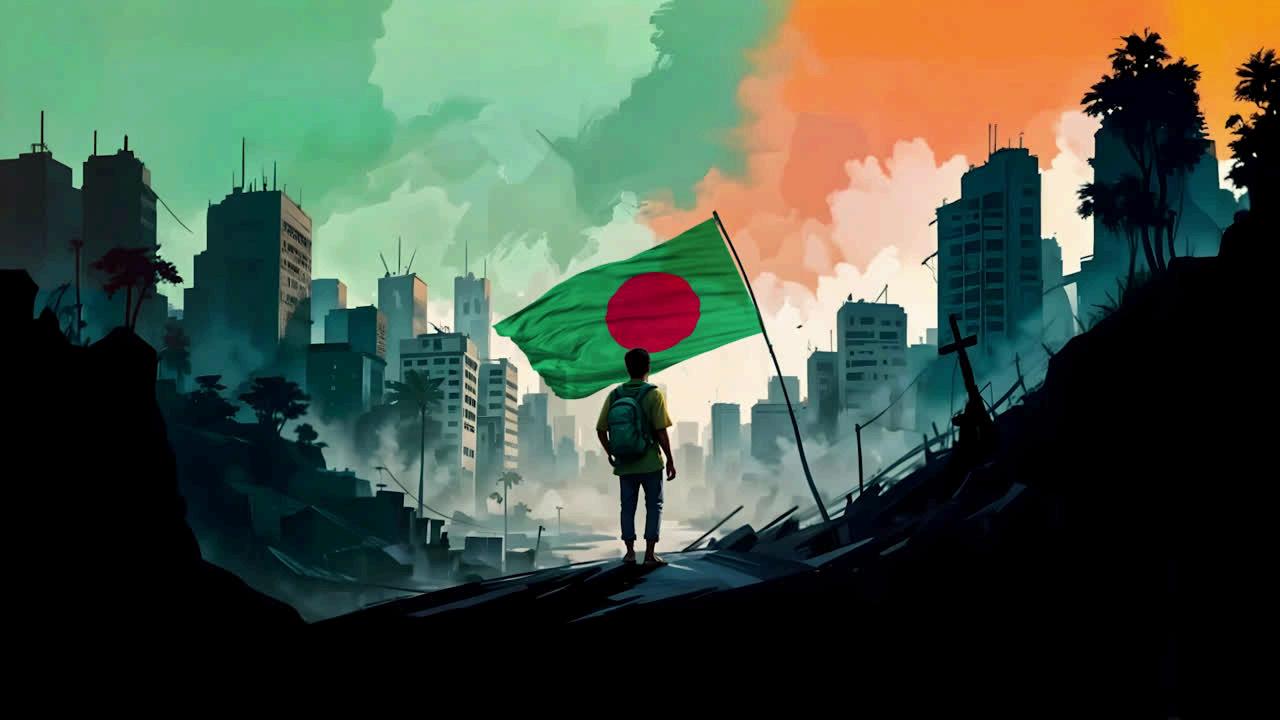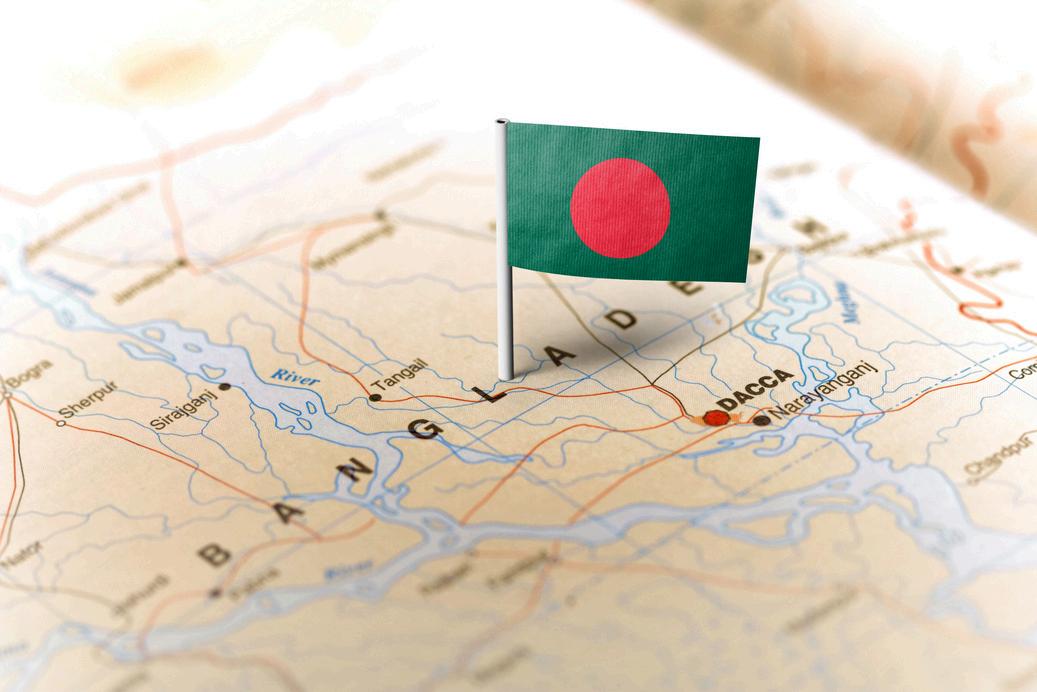The Language Corner
Multicultural Club

The Multicultural Club continued in January 2025
Wishing you the best for the Easter break and we hope that you enjoy hearing from some of our new students in Coláiste Bríde and our new Multicultural Prefects.


The Multicultural Club continued in January 2025
Wishing you the best for the Easter break and we hope that you enjoy hearing from some of our new students in Coláiste Bríde and our new Multicultural Prefects.
OurMulticulturalprefectsarealwaysverykeentopromotecultureinourschool community.Here,theytellusaboutbeingMulticulturalprefectsinColáisteBríde.
Ieva
I'm very excited to be appointed the role of a multicultural prefect as throughout my four years at Colaiste Bride, I've always engaged in multicultural events. I think it's important to share our culture and learn about others, as it brings people from different communities closer together I love learning about different customs and countries, and also love showcasing my own - which is why I'm very excited to be someone who is now able to further facilitate that in our school I am really looking forward to the year ahead
By Ieva Simutyte, 5th Year, Rang Ferdia
I wanted to be a multicultural prefect because I believe in the power of diversity and inclusion. Embracing different cultures enriches our school community and creates understanding among students I want to create a welcoming environment where everyone feels valued and heard, regardless of their background By organizing cultural events, I can help celebrate our differences and promote unity. I’m passionate about learning about other cultures I’m excited about the opportunity to inspire others to appreciate multiculturalism
By Racheal Ikotun, 5th Year, Rang Ferdia

Bijoy Dibosh (Victory Day) is a national holiday in Bangladesh celebrated on the 16th of December to commemorate the defeat of the Pakistan Armed Forces in the Bangladesh Liberation War in 1971 and the Independence of Bangladesh. It commemorates the Pakistani Instrument of Surrender, wherein the commander of the Pakistani Forces, General A.A.K, Niazi, surrendered to the Mukti Bahini and their Indian allies, ending the ninemonth Bangladesh Liberation War and 1971 Bangladesh genocide and marking the official session of East Pakistan to become the new state of Bangladesh.
The celebration of Bijoy Dibosh has been taking place since 1972. The ritual of the celebration gradually obtained a distinctive character with several similar elements: Military Parade by the Bangladesh Armed Forces at the National Parade Ground, ceremonial meetings, speeches, lectures, receptions and fireworks displays Victory Day in Bangladesh is a joyous celebration in which popular culture plays a great role. TV and radio stations broadcast special programs and patriotic songs The main streets are decorated with national flags and bright colourful lights.


The days’ main highlight is the national Military Parade on Dhakas National Parade Ground, hosted by the Bangladesh armed forces and involves personnel from the Bangladesh Police, Border Guard Bangladesh, Bangladesh Jail and Bangladesh ansar
1971: State Bank of Pakistan became Bangladesh Bank.
1972: The constitution of the People's Republic of Bangladesh was enacted on 16 December.
1973: Gallantry awards of war were declared by Bangladesh Gazette on 15 December.
1996: Silver jubilee of victory was celebrated.
2013: New world record of the largest human flag was set when 27,117 volunteers gathered at the National Parade Ground holding red and green blocks to form the national flag of Bangladesh
By Ezra Mazid, 1st Year, Rang Maolruain.

The South African school system is very different. You can sit your exams from 7 years old, but they don’t take it seriously until 10 years old When you are 10 you study subjects, like Social Science Geography, Social Science History, Nature Science and Technology, English, LO/Life Orientation, and finally SK (like art, drama and making clothes in one). You don’t get to choose your subjects until 16 years old When you are 13 years old, it's your final year of primary, you pick an extra subject. You study Technology and Economic Business Science; its basically Business
South Africa has a lot of people in poverty, they had a lot of extra jobs, people refill the people’s gas tanks, people pack your bags, there’s no self-checkout It was a huge shock when I came here, I would call it a culture shock. My home city was little and windy, extremely windy, we would have 35 degree Celsius and it would be windy. We got a little rain, but if it rained it would rain all day and say that God blessed us We weren’t allowed phones at school, If we did have our phones they would be taken for the day.
Some people say that Afrikaans isn’t that hard, but its my first language and I still don’t know it properly, the pronunciation and the spelling is the most difficult part of the language. Some words has the same spelling but way different pronunciation

Afrikaans and Afrikaans phrases some phrases in Afrikaans:
Hallo – Hello
Goeie More – Good Morning
Baai – Bye
Hoe gaan it dit? – How’s it going
Hoop dit gaan goed – Hope it’s going well
Dankie – Thank you
Asseblief – Please
Askies My/Verskoon my – excuse me
Jammer – Sorry
Sien jou more – See you tommorow
Shrove Tuesday is a very important Day in Lithuanian Calendar Custom. Ieva feels us more about this special day.
Užgavėnės is a traditional holiday celebrated in Lithuania on Shrove Tuesday. The name translates to 'the time before Lent'.
This festival marks the end of winter and the beginning of springtime in Baltic (and Slavic) countries, with many rituals performed to ensure spring comes Different countries may have some different traditions, but these are specifically the Lithuanian ones The three main traditions include:
Morė is a human depiction of Mother Winter Statues of a woman in folk clothing are built with the intent to be burnt down, as this represents basically burning away winter and welcoming the warm spring. While Morė burns, people throw all their frustrations at her to burn them away
This tradition is like a spiritual spring cleaning.
Costumes and masks are home-made and resemble devils, demons, goats and witches It is believed that this type of attire scares away the cold
During the festival, a fight occurs between winter and spring. This is a representation of the battle between the dark and light: referring to the days getting longer and nights getting shorter, and also, warmer weather over the cold.
The food eaten during Shrove Tuesday has changed drastically. Nowadays, people eat pancakes; like other western countries Before (mainly during the Soviet Union), people would eat meat jelly, soups containing crops and vegetables and also scrambled eggs
Masks and costumes have also changed. During the Soviet Union, attire was very restricted and so it was more so like Halloween where you dressed up as celebrities and characters. Now however, since the USSR has been dissolved, people wear cultural costumes along with their masks, or else costumes that represent creatures within Lithuanian mythology. These modern costumes represent individuality.
By Ieva Simutyte, 5th Year, Rang Ferdia
